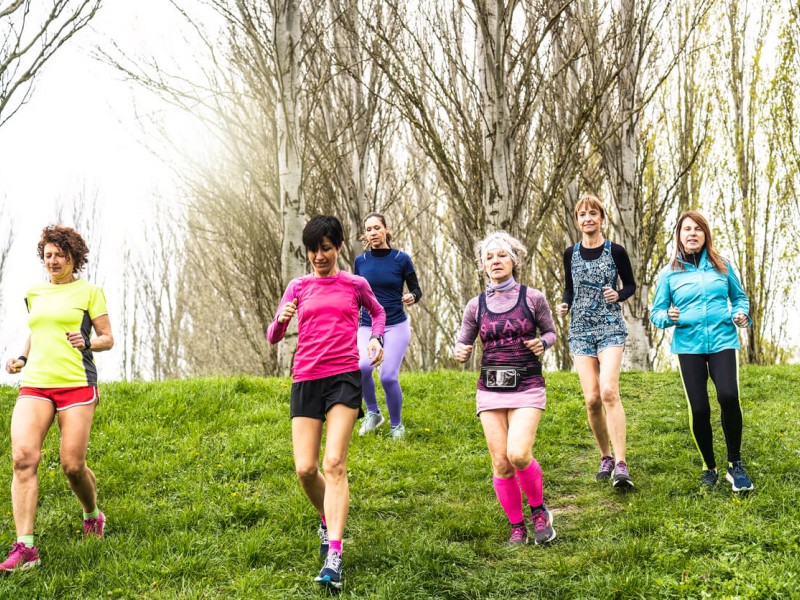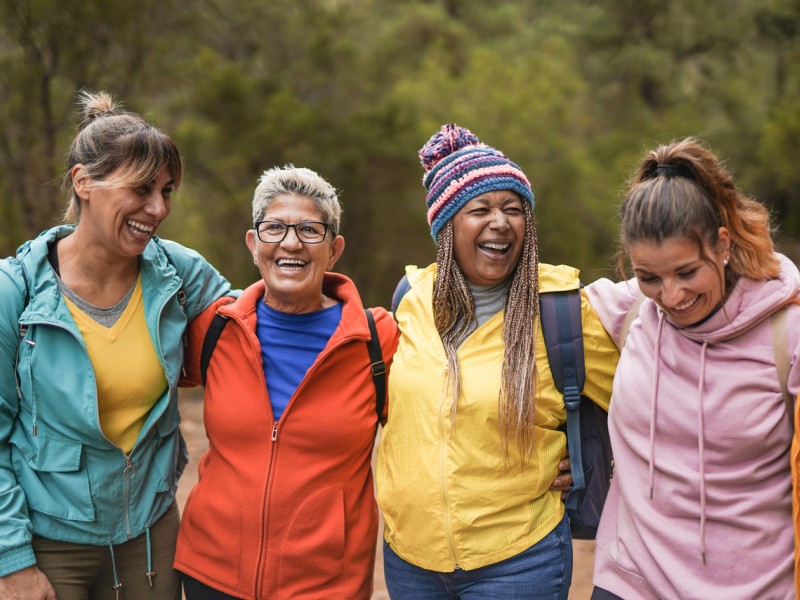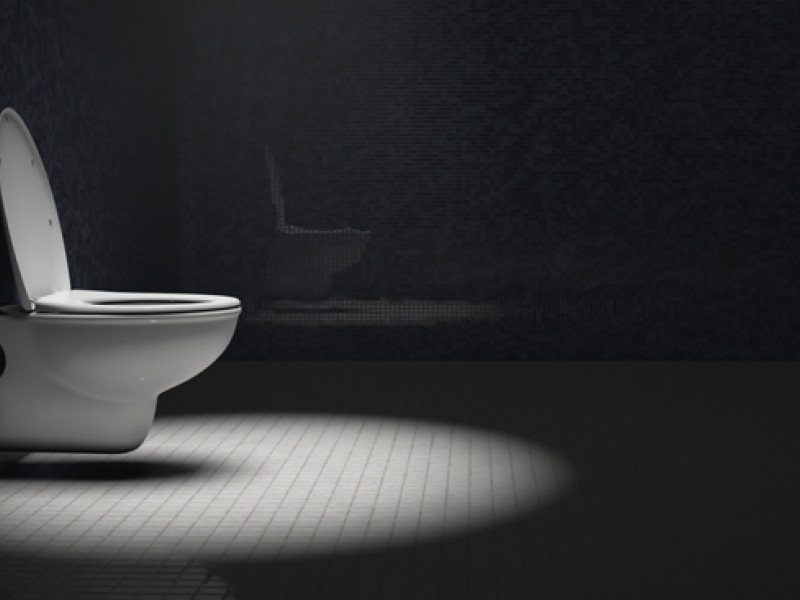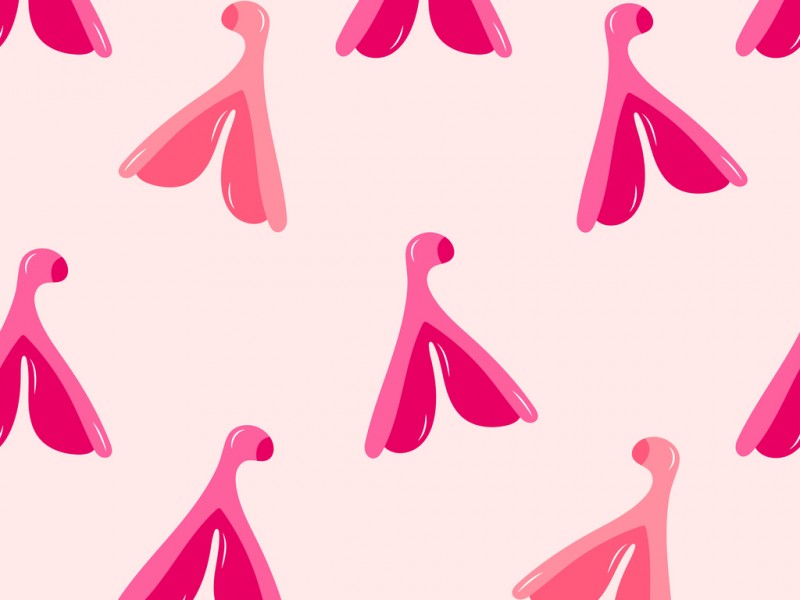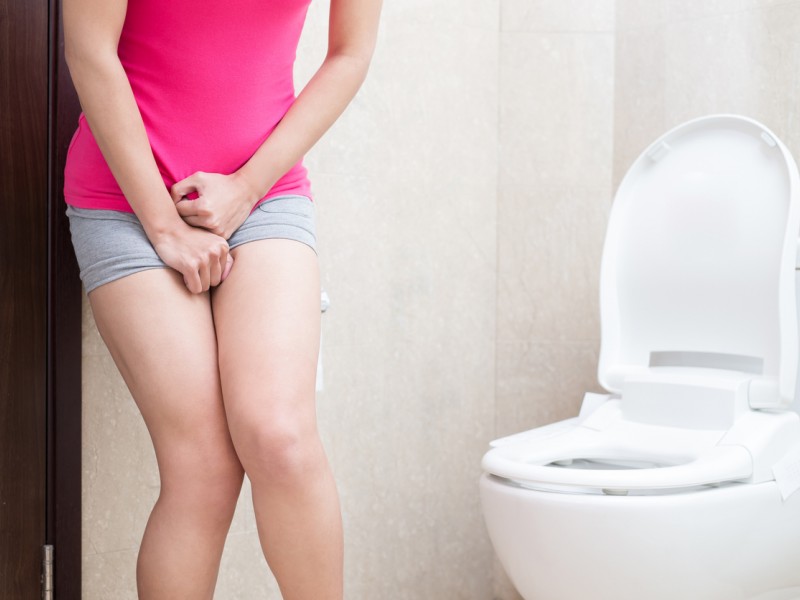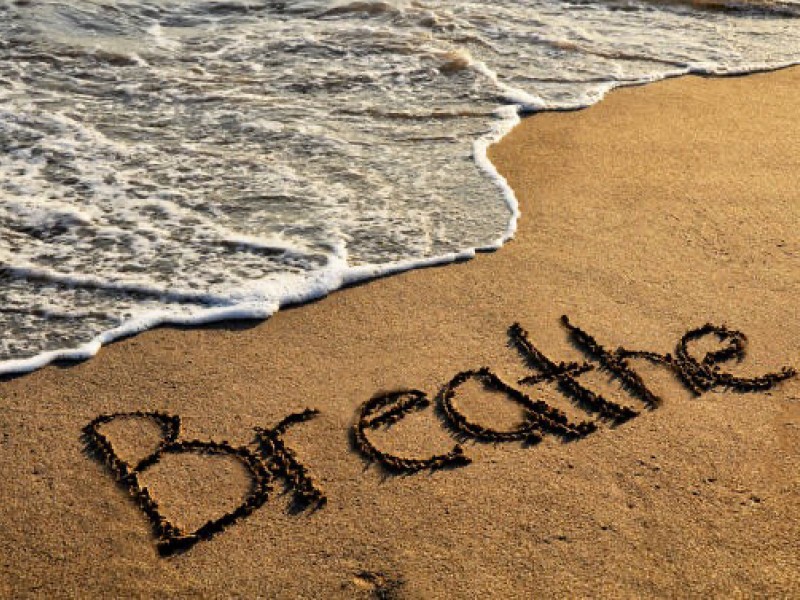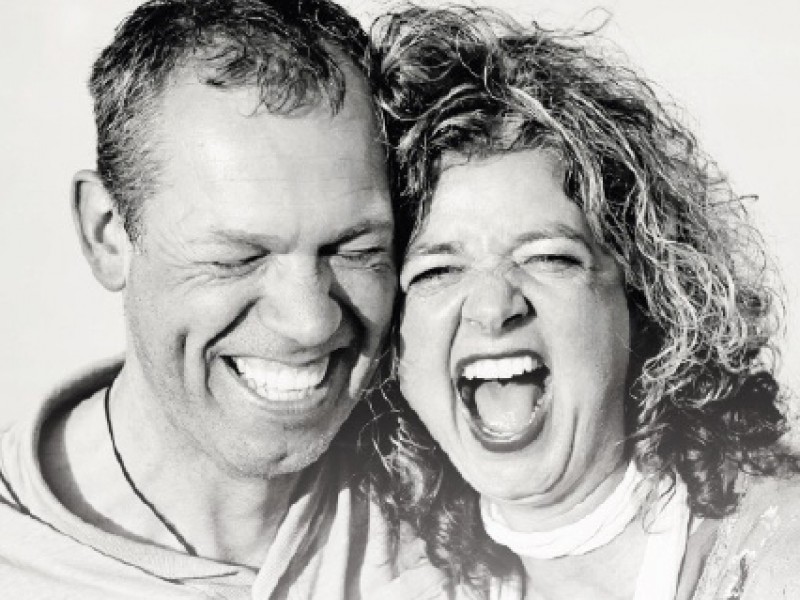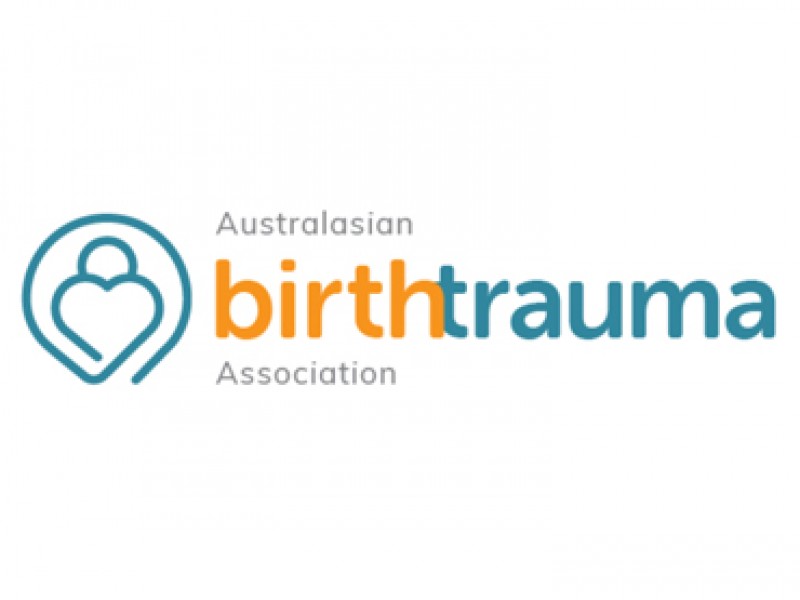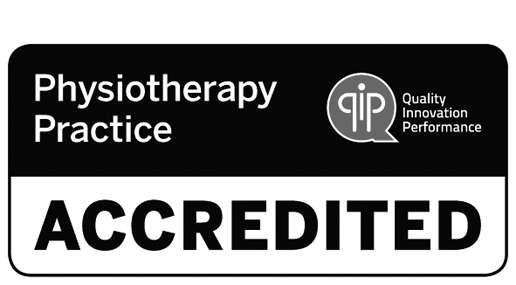For those assigned female at birth, sport and exercise is more than just a way to stay healthy—it’s a source of joy, connection and empowerment.
We see many peri and post-menopausal women experiencing bladder problems and painful sex, but there are many more bothersome symptoms. Kath Tsebelis is a Physiotherapist, Pilates & Fitness instructor, Nutritionist and Certified Menopause Coach.
No one wants to experience bladder or bowel incontinence, rushing to the toilet or difficulties emptying, prolapse, pelvic pain or pain with sex. Unfortunately, these issues are common across all genders and substantially impact physical, emotional, social and financial health and wellbeing. There is often associated stigma, leading to people suffering in silence, thinking it is normal or that nothing can be done to help.
Waking overnight to urinate, also known as nocturia, can be annoying and frustrating, resulting in you feeling tired and unrefreshed. Many people assume urinating overnight is a normal part of ageing, but this isn’t necessarily true. Nocturia may be a sign of other underlying health problems.
Every day, we speak with people who seek our support regarding painful sex. Often their stories include fear, confusion and a poor understanding of the vulva, clitoris and vagina. Many people hold unhelpful beliefs and perceptions of what is and isn’t normal.
Overactive bladder (OAB) is a common condition affecting up to 10-20% of men & women, affecting people of all ages, with most over the age of 40. It is under diagnosed and under treated because people incorrectly assume it is an inevitable part of ageing or nothing can be done to help.
It may appear a little strange to write a blog about breathing, when it is something that we do 24 hours a day, 7 days a week and have been doing so consciously and subconsciously since we were born! However, just because breathing is automatic, it doesn’t mean that we do it effectively! Many people hold their breath without realising, they breathe into their upper chest only, or they don’t breathe in and out all the way. Being more aware of your breath and optimising the way you breathe can have a profound impact not only on your pelvic health, but your health in general.
This article is a personal story written by one of our patients (she/her) who asked if she could share her journey with Endometriosis and reflect on her experience engaging with one of our Pelvic Health Physiotherapists over the last 18 months. Her honest and powerful story will touch your heart.
Women’s & Men’s Health Physiotherapy (WMHP) exists to restore pelvic health, empowering every person to live their best life. This is our cause, our belief and what we stand for. As the physiotherapists treating, guiding and supporting you to restore your pelvic health, it is vital that we are all clear on what you would like to achieve as we embark on your journey to pelvic health.
In 2013 I gave birth to my first child who was delivered via forceps after a long labour. At the time I needed a blood transfusion and I was told I had sustained a 3rd degree tear. It was another 16 months before I was diagnosed with a bilateral levator avulsion and subsequent prolapses. As a first-time mother, I didn’t identify as having birth trauma. I didn’t even realise birth trauma was a thing.



